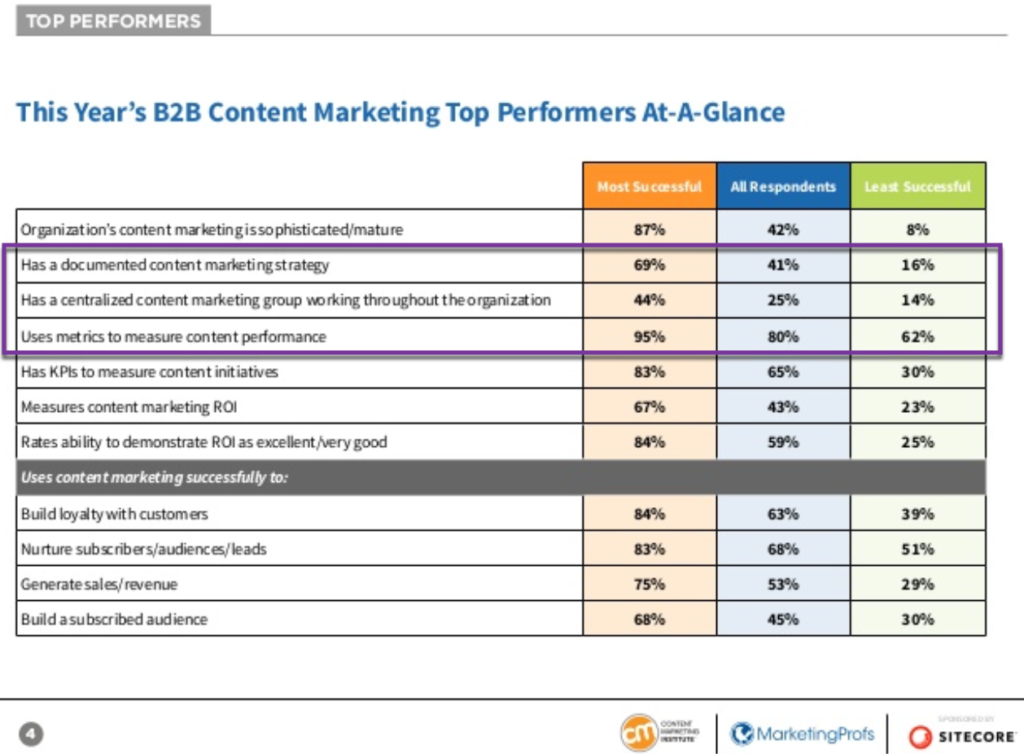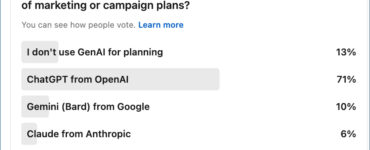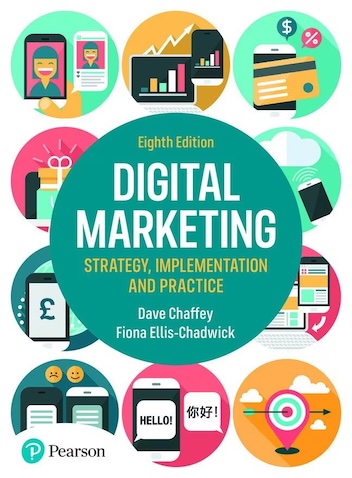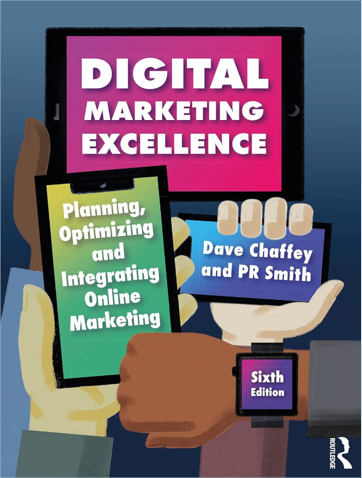Since content marketing fuels all digital marketing activities I recommend that all businesses have a defined content strategy. The latest Content Marketing 2020 Research by the Content Marketing Institute shows that the businesses that are most effective in gaining results from content marketing have these three attributes:
- A documented content marketing strategy
- A centralized content marketing group (or person) working throughout the organization to co-ordinate content marketing
- Agreed metrics to measure content performance

What is a content marketing strategy?
For a small business, a content strategy could simply define the types of content to share through social media to engage and persuade your audience. The purpose of content marketing is best described by
For larger businesses, it will be more involved, considering current and future use of different types of content to meet business goals. Applying the PR Smith SOSTAC® framework, a strategy for a larger organization should answer these questions:
- Situation – What is content marketing contributing now to the business across the customer lifecycle (RACE)? How effective are different content types in engaging different target audiences?
- Objectives – What are the overall goals and SMART objectives and forecast results of investment in content marketing?
- Strategy – Which content types, formats and distribution methods should we invest in? How to best map content to persona buyer journeys?
- Tactics – How can we use influencer marketing to support content marketing? What is our editorial calendar?
- Actions – What is our budget for different types of content? How do we standardise brand tone-of-voice? How do we use agencies to support content marketing?
- Control – How do we set up Google Analytics to measure content marketing? What is our 90-day plan for creating new content and updating existing content plus improving distribution?






